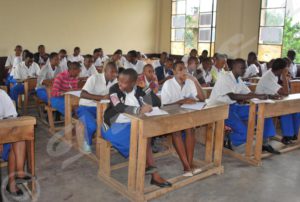
Candidates of grade nine are ready to pass the national test, 2017 edition
“We have finished all programs and exercises. We think that we will get the chance to succeed”, says Glory Verra, a candidate of grade nine at “Lycée Ngagara” basic school. She says she will do all the best to have good results otherwise she will spend a year at home waiting for the next national test. With the new system, the failed candidates don’t have the opportunity to repeat the class. About 80,000 students who failed the national test, edition 2016, will be allowed to pass again the national after a period of one year at home.
Janvière Ndirahisha, Minister of Basic Education and Scientific Research, has recently said that 144,795 pupils will sit for the 2017 national test scheduled from 20 to 22 June 2017. “115,993 are from grade nine and 28,802 are self-directed learners including 17,475 from grade nine and 11,327 from grade ten”, says Ndirahisha. She also says they will have access to the National Certification and Guidance Competition and join the post-basic education once they succeed.
On 17 May, the Minister of Education issued a ministerial ordinance that all headmasters of public schools whose results are less than 30% in the national test of 2016 and 2017 editions that they will be dismissed from their duties in the school year 2017-2018. “The competence of a headmaster is shown through the results obtained in the national tests. Less than 30% is an indication of incompetence for the management to bring the school to the minimum threshold of quality desired in teaching”, says Janvière Ndirahisha, the Minister of Education.
Some headmasters concerned about the inclusion of the self-directed learners: “Surely, they will affect our success rate”, says Pascal Bucumi, charged with studies and discipline at “Complexe Scolaire de Kanyosha” secondary school.
He says he does not know how they revise their courses for the national test as they have just spent a year at home.

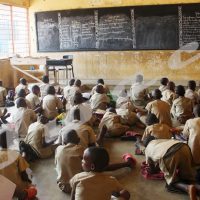

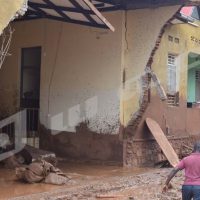
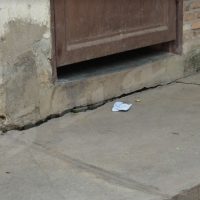
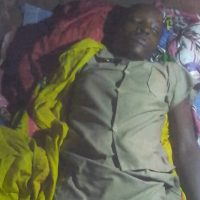













 IWACU Open Data
IWACU Open Data

